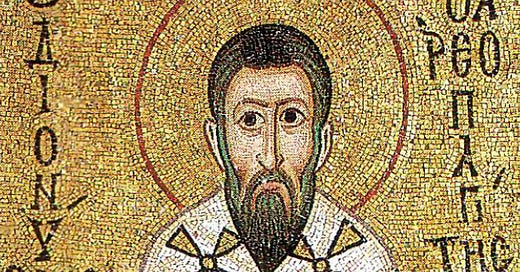The Cloud of Unknowing: Embracing Vulnerability and Divine Symphony
What happens if I relinquish my mental habit of dissecting reality? Suddenly, I will fall into the darkness of unknowing.
“When we reach the end of what we know, that’s where we find God. That’s why St. Dionysius said that the best, most divine knowledge of God is that which is known by not-knowing.” The Cloud of Unknowing
The fallen mind thinks in dualities. It assumes it can know by dissecting and interpreting. It is driven by a deficient sense of self. When we feel we la…
Keep reading with a 7-day free trial
Subscribe to Philosophy of Language to keep reading this post and get 7 days of free access to the full post archives.




